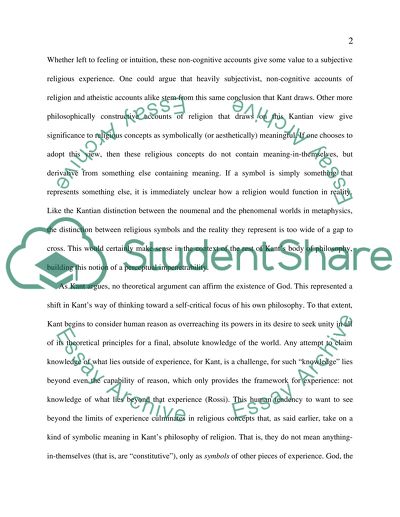Cite this document
(“Religious Concepts in a Kantian Philosophy Essay”, n.d.)
Religious Concepts in a Kantian Philosophy Essay. Retrieved from https://studentshare.org/miscellaneous/1565727-philosophy-immanuel-kant-reconcile-science-and-religion
Religious Concepts in a Kantian Philosophy Essay. Retrieved from https://studentshare.org/miscellaneous/1565727-philosophy-immanuel-kant-reconcile-science-and-religion
(Religious Concepts in a Kantian Philosophy Essay)
Religious Concepts in a Kantian Philosophy Essay. https://studentshare.org/miscellaneous/1565727-philosophy-immanuel-kant-reconcile-science-and-religion.
Religious Concepts in a Kantian Philosophy Essay. https://studentshare.org/miscellaneous/1565727-philosophy-immanuel-kant-reconcile-science-and-religion.
“Religious Concepts in a Kantian Philosophy Essay”, n.d. https://studentshare.org/miscellaneous/1565727-philosophy-immanuel-kant-reconcile-science-and-religion.


